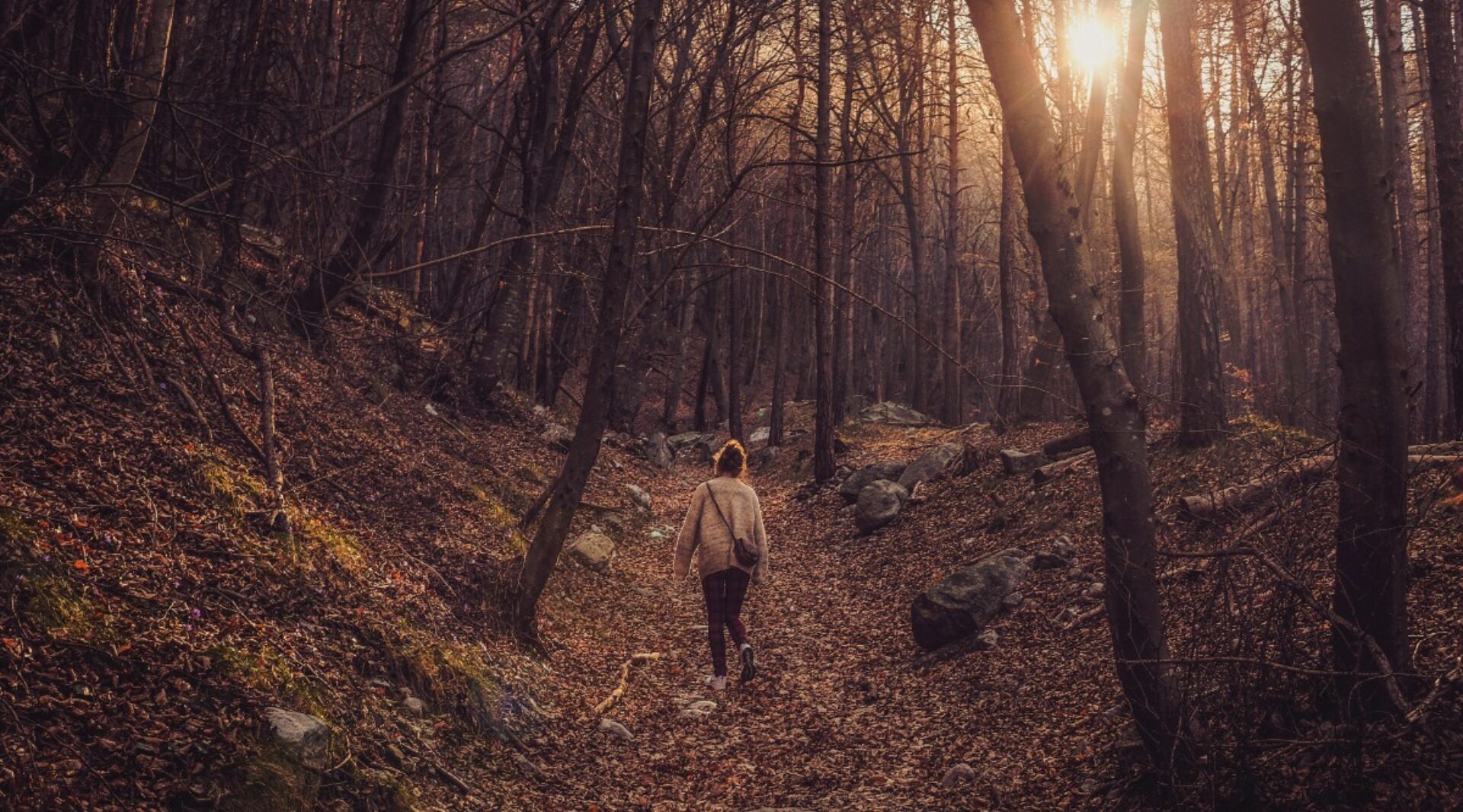A researcher talks about the results from the Violence, Abuse & Mental Health Network (VAMHN) consultation, the process of collecting the data, and the difficulties of defining abuse.
Concetta Perôt
On October 7th, I launched the results of the Violence, Abuse & Mental Health Network’s (VAMHN) consultation on Survivor Priority Themes and Questions for Research at the network’s open meeting.
In addition to an online survey, the consultation consisted of two focus groups attended by 15 survivors of all forms of abuse. It was undertaken by the VAMHN in collaboration with McPin, Survivors’ Voices, the peer support organisation that I co-founded, and St. George’s, University of London.
The nine themes identified are a clear articulation of what survivors, like myself, care about in relation to violence, abuse and mental health. Flowing from the themes are 25 questions for researchers to prioritise – an ambitious agenda for any research community.
At the meeting, I presented some of these survivor research questions, wrapping them in real-life experiences to give context and meaning, and to convey the passion and expertise of the survivors who contributed.
One of the strongest themes and corresponding set of questions was “How can survivors be supported in recognising that what they have or are experiencing is abuse?”. How can this be? Surely, violence and abuse are clearly violent and abusive?
To understand this, you have to understand how the unholy trinity of Dismiss, Deny and Blame are used by abusers to expertly manipulate us into making light of what is happening.
At the meeting, I gave some examples of the ‘gaslighting’ that is so characteristic of abuse, and explained how this leaves us brainwashed into believing “nothing happened, it does not matter, this is normal”.
Conceptualising abuse
Among other things, the survivor research questions point to the need to develop survivor-generated definitions of abuse that eschew simplistic categorisations, remove barriers to services and reflect our evolving understanding of abuse.
Consider how we now conceptualise domestic abuse to include coercive control, and child abuse to include sexual exploitation of vulnerable teens – much wider conceptions than the original definition.
These examples illustrate how our evolution in understanding abuse does not come through debate in sterile committees but is forged in the fire of lived experience, born out of scandal, tragedy and the dogged determination of survivors and their supporters.
Yes, trauma harms, but poor responses to trauma also harm and reduce the chance that people will seek help in the future. Why this happens and to what extent must surely be an urgent topic of research.
Harm from the systems that are supposed to help
The consultation underscored how ‘healing’ and ‘justice’ were very much intertwined. One could not discuss violence, abuse and mental health without discussing the criminal and civil justice systems and their capacity to both support healing and harm mental health.
Distressing stories of harm and re-traumatization by “the system” were central to the survivor consultation days, resulting in questions such as “How can we understand and measure the damage caused by the various interconnected systems that survivors encounter?” and “To what extent do current systems perpetrate and perpetuate abuse and violence?”
Sadly, over 18 years of running peer groups, this is one of the most consistently reoccurring themes – the harm done by the very systems that are supposed to help.
Yes, trauma harms, but poor responses to trauma also harm and reduce the chance that people will seek help in the future. Why this happens and to what extent must surely be an urgent topic of research.
Burden falls to survivor-led organisations
Amid such system failures, it seems that peer-led and third sector survivor organisations are leading the way. These are the organisations that survivors had the most confidence in.
As one person recently said to me “I no longer try and talk about hunger to someone who has never missed a meal”.
As survivors in peer-to-peer organisations, we carry our own trauma and each other’s. We carry the burden when the system fails and we get no funding to do so.
The support we provide is largely off the radar – unquantified and unfunded. To bolster this valuable resource, we need research into the scale, capacity and funding of survivor-led organisations.
I ended my presentation at the VAMHN conference with some pleas, which I will repeat here.
-Please read the Survivors’ Priority Themes and Questions Report as if you are having a conversation with a good friend who is trying to tell you something very, very important.
-Please play your part in helping evolve our understanding and response to abuse in a way that has survivors at the centre, like the words in a stick of rock. Download the Survivors’ Charter produced by Survivor’s Voices for free to help you do this.
-Lastly, please listen to survivors with a willingness to hear what they have to say. If research reveals professionally and systemically tricky findings, please be willing to hear. Be willing to start a dialogue. Be willing to envision systems that are based on radically new ways of doing things. This is the only way that we can ever begin paradigm shifting into a different future.
Concetta Perôt is an independent researcher, an Associate at King’s College London and the University of Bristol and the co-founder of Survivors’ Voices.
Read more about McPin’s role in the VAMHN priorities here. Find out what McPin learnt from being part of the VAMHN here.
